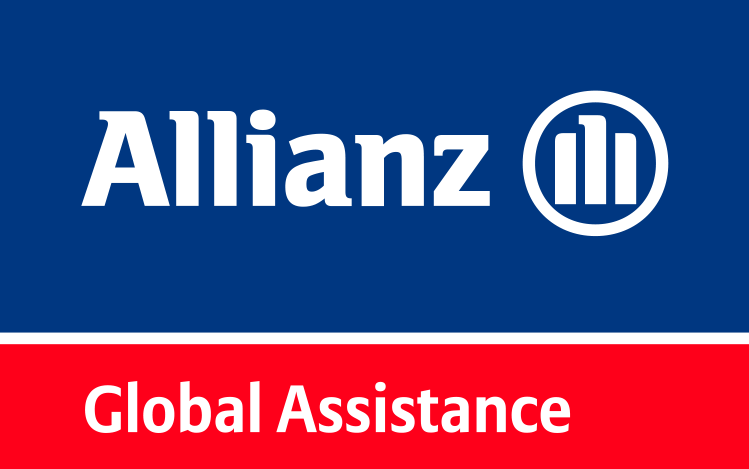Tips to stay safe while travelling in Japan

Subway safety
Tough local laws
Typhoons
Earthquakes
Japan lies on the edge of several continental and oceanic tectonic plates, which makes the area a hotbed of high seismic and volcanic activity. If an earthquake hits, it’s safer to stay indoors. Seek shelter under a table as the immediate danger will be falling objects and furniture.
Small earthquakes in Japan are not particularly newsworthy as they happen so often, so the only notification may be a simple text warning on TV. More serious quakes and tsunami warnings will be highly publicised. If you are asked to leave a building, make sure you take your important documents (like your passport) with you as you may not be able to re-enter depending on the damage.
Volcanic eruptions

Natural disasters can quickly upset your travel plans. Consider travel insurance that covers delays or cancellations to your trip.
Risk of radiation
Spiked food and drinks

General health
Snow safety

Consider whether your travel insurance offers coverage for ski activities, including injuries, and reimbursement for certain out of pocket expenses.
NOTICE: While the Information is considered to be true and accurate at the date of publication, changes in circumstances after the time of publication may impact on the accuracy of the information. We strongly recommend verifying the travel advisory of your destination prior to departure.
DISCLAIMER: While every effort has been made to ensure the accuracy of all information as at the date of publishing, Allianz Global Assistance does not accept liability for any errors or omissions. Allianz Global Assistance strongly recommends seeking the guidance of a professional travel agent/agency for further information on a specific destination. On your next trip, whether to another province or country, ensure you have travel insurance as it may assist you in cases of unforeseen medical emergencies and other types of mishaps that can happen while you travel. Travel insurance does not cover everything, please always refer to the policy document for full terms and conditions, including limitations and exclusions. Travel insurance is underwritten by CUMIS General Insurance Company, a member of The Co-operators Group of Companies, administered by Allianz Global Assistance, which is a registered business name of AZGA Service Canada Inc. Photography Credits: Neale Cousland, Aleksandar Todorovic and antb, Shuterstock.com.
Related articles
to speak with one of our agents.
